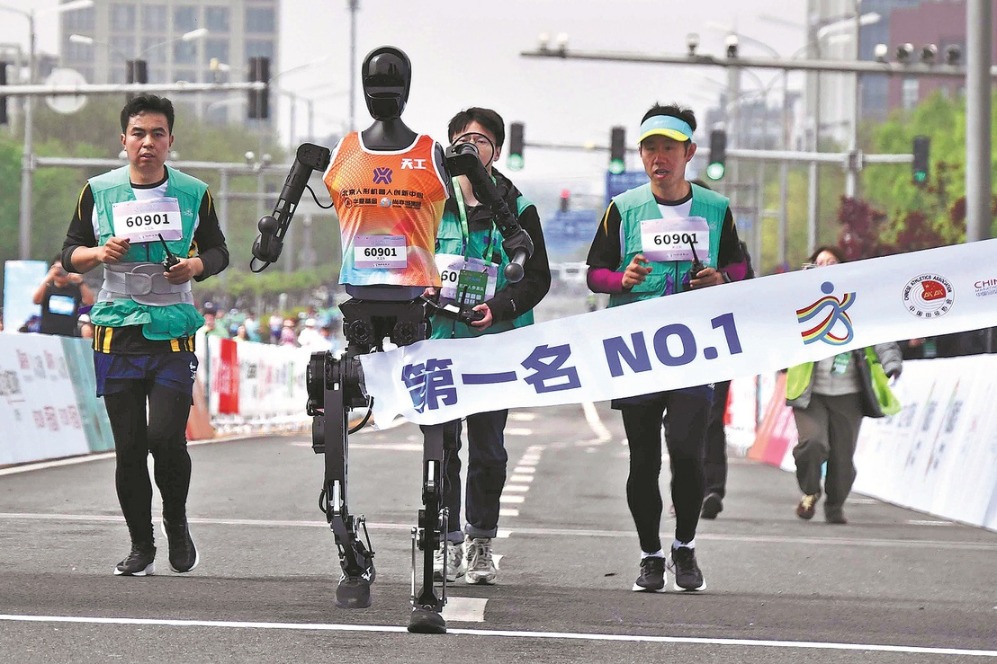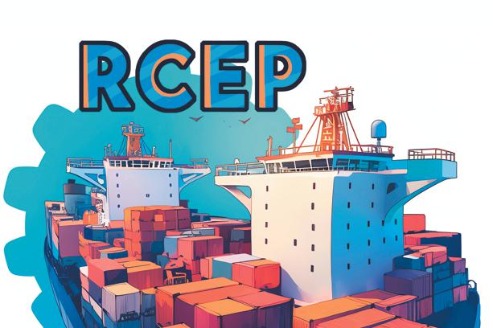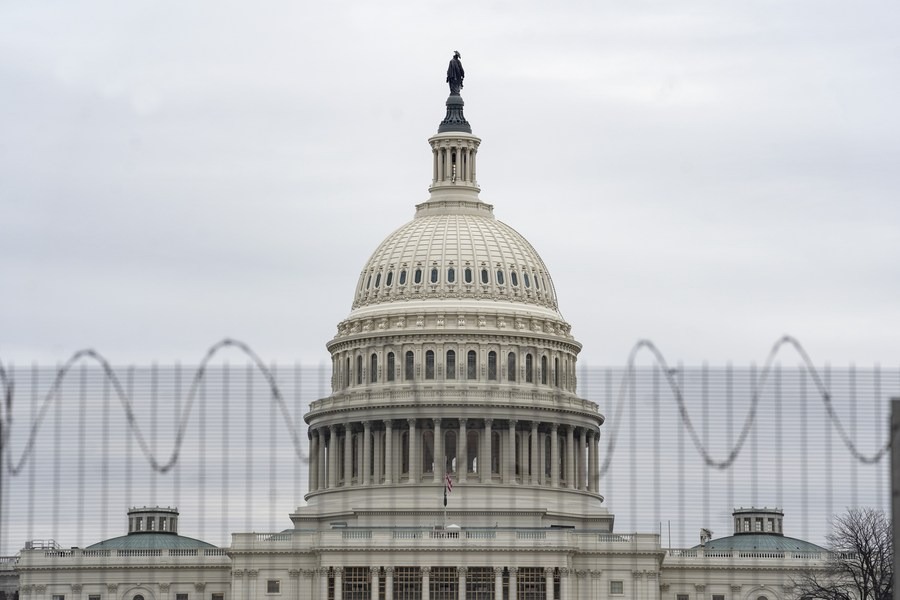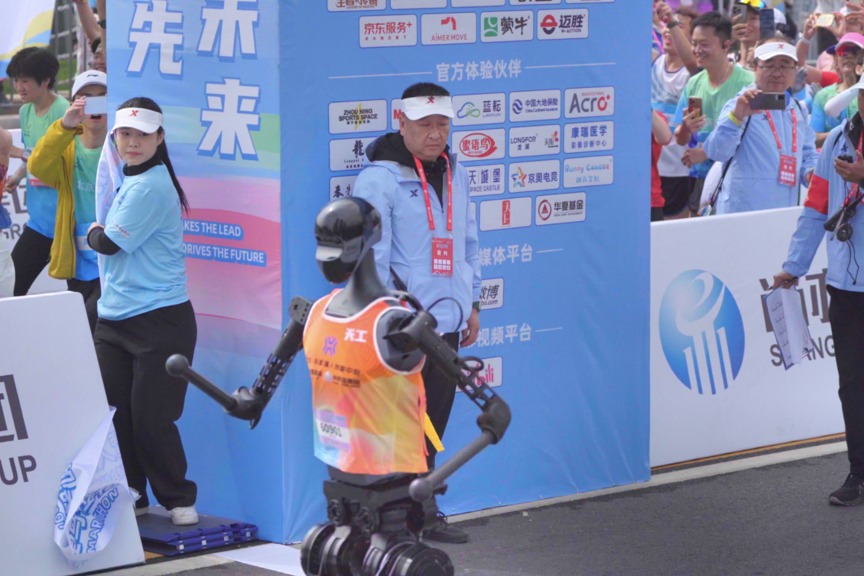Digital economy: Another dimension for fruitful bilateral cooperation


Economies are continually changing, and one of the fundamental drivers of that change today is digital transformation. For most of us, digital transformation most directly impacts our lives via new technologies that transform or influence our social behaviors. This includes how we pay for products, the lifestyles we pursue, services we engage in, and how we do business.
The global economy is being reshaped and accruing benefits through digital transformation and the already digitalized economy. The digital economy refers to economic activity that results from billions of everyday online connections between devices, data, businesses, and people.
In recent years, the digital revolution has extended into many sectors, including media, finance, healthcare, consumer products, and manufacturing. However, as the manufacturing sector evolves, its complexities and challenges are likewise also evolving. There is no doubt that there is a great need for the construction of a robust digital ecosystem.
Such an ecosystem would be able to respond to emerging challenges and would empower manufacturing industries, their partners, and even consumers to collaborate smoothly, driving innovation, fostering strong partnerships, and generating greater value.
A vast majority of people including myself are beneficiaries of the digital economy. With the digitalization of daily life, people are increasingly enjoying a more convenient life than ever before. Likewise, countries have also been benefitted from digitalization.
The UAE and China are among the most advanced countries in the world in the development of digital economy, and both countries have already made great progress in the digitalization of their respective economies, resulting in dynamic growth. This digitalization, therefore, is yet another dimension for fruitful cooperation between the UAE and China.
President Xi Jinping recently urged continuous efforts to build a stronger digital economy for China, stressing that the developing digital economy is becoming a key force in reshaping global economic structures and changing the landscape of global competition. From his perspective, digitalization empowers China's manufacturing industries, and their fusion with the e-commerce sector is a key driver for accelerating growth of the digital economy across the country.
Presently, China has the reputation as the world's factory, boasting high efficiencies, low costs, and the most comprehensive industrial supply chains. Ongoing efforts to further boost this ecosystem will transform the industrial economy, enhance competitiveness of manufacturing on the global stage, and foster high-quality development.
One such example of this national perspective of digitization can be observed in China's new mega-infrastructure, the Eastern Data, Western Computing strategy, whose objective is to restructure China's national network of data centers and computing services. Presently, these are concentrated in prosperous Eastern sea-board provinces. The energy is expensive, but will eventually be moved to the western provinces, where renewable energy is cheap and plentiful. It is reported that on completion of this plan of shifting westward, approximately 30 million tons of coal can be saved by 2025.
As a comprehensive strategic partner, the UAE also has prioritized the digital economy. The UAE has already taken significant steps to transform our country into an influential force for science and technology, and we aim to become a leader in the early adoption of digitization across our region. We believe doing so will drive transformation of both our government and private sectors.
Like China, the UAE also believes that innovation and technology are core drivers of social development. With two signature industrial strategies, the Fourth Industrial Revolution and Operation 300 billion, we have laid the foundation for our knowledge-based economy. Today, the UAE is ranked among the top quarter of countries according to key global digital indicators. In 2022, our digital industries contribute to approximately 10 percent of our national GDP.
However, the Emirati people are not one to rest on their laurels. This past April, the UAE launched a Digital Economy Strategy. It aims to double the contribution of our digital sectors to national GDP from approximately 10 percent to 20 percent within the decade.
To achieve this ambitious target, our strategy includes more than 30 initiatives and programs targeting six sectors and five new areas of growth. These will define the UAE's digital economy, via a unified mechanism for measuring its growth.
Our national Digital Economy Strategy is the vehicle for enhancing the UAE’s position as a hub for digital transformation in the region and globally. In recent years, the UAE's banking and financial services sectors have undergone rapid change, encompassing digitization of existing services and the launch of a number of digital-exclusive services.
Apart from our national strategy, the UAE has established a Council for Digital Economy, which have already begun to chart future actions, areas in need of support, and to ensure implementation of the various Digital Economy Strategy initiatives across all economic sectors.
Our efforts are already bearing fruit. In 2019, the UAE became the first Arab country to deploy 5G networks. This came about due to a very successful partnership with China's Huawei. We are already on track to reach 100 percent national 5G coverage by 2025.
The UAE and China embrace the same spirit, establishing that creative solutions should forge more entrepreneurial societies, more innovative economies, for a brighter future. As comprehensive strategic partners, the UAE and China are already highly complementary in their implementation of innovative policies. The positive effects of these policies can already be seen in our respective energy, finance, health and life sciences, retail, logistics, transport, and high-tech sectors. Therefore, I am confident that the scope of this partnership will continue to expand and diversify, driven by the ever-expanding digital economy.
The author is ambassador of the United Arab Emirates to China. The opinions expressed here are those of the writer and do not necessarily represent the views of China Daily and China Daily website.
If you have a specific expertise and would like to contribute to China Daily, please contact us at opinion@chinadaily.com.cn , and comment@chinadaily.com.cn
































